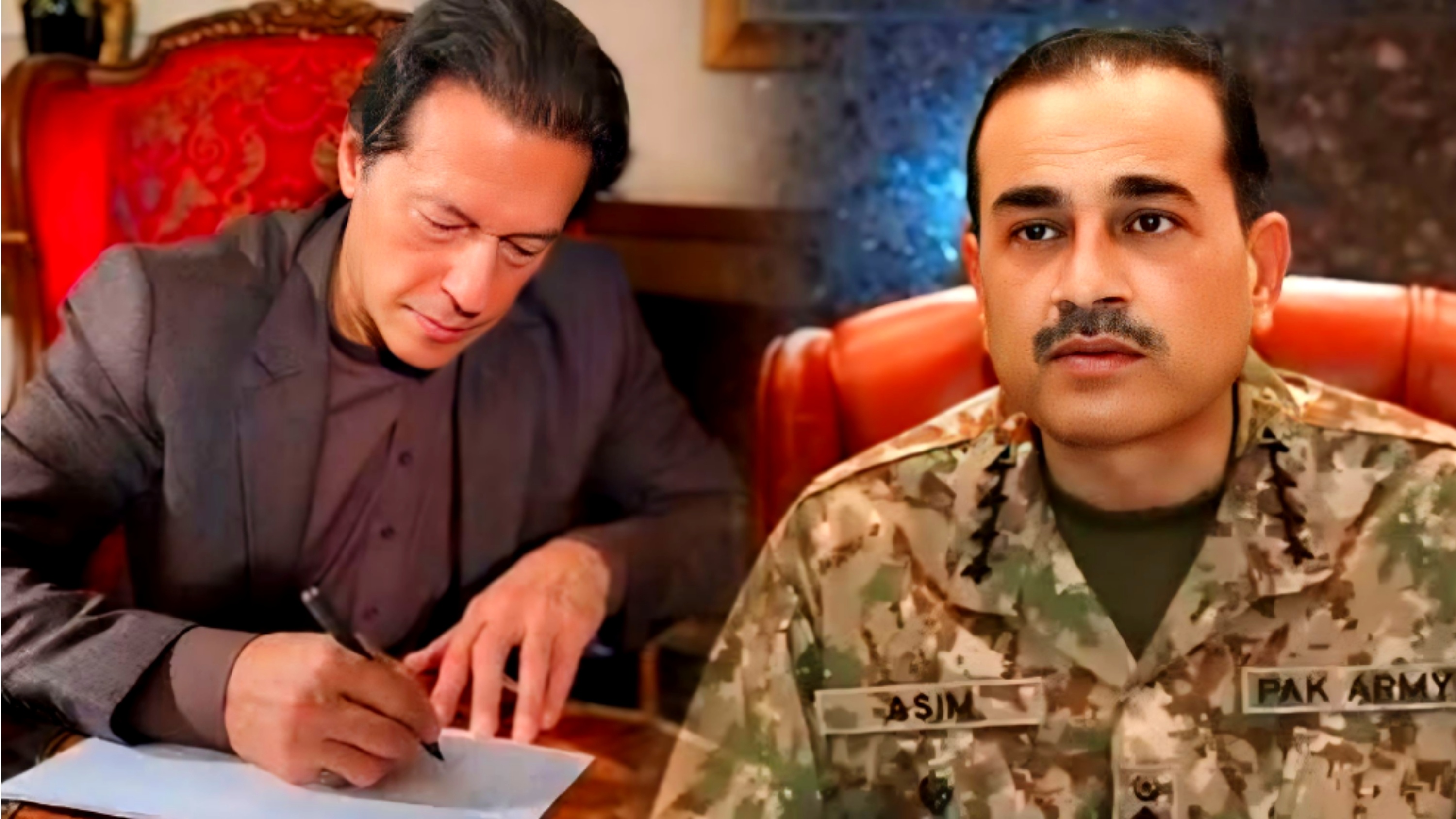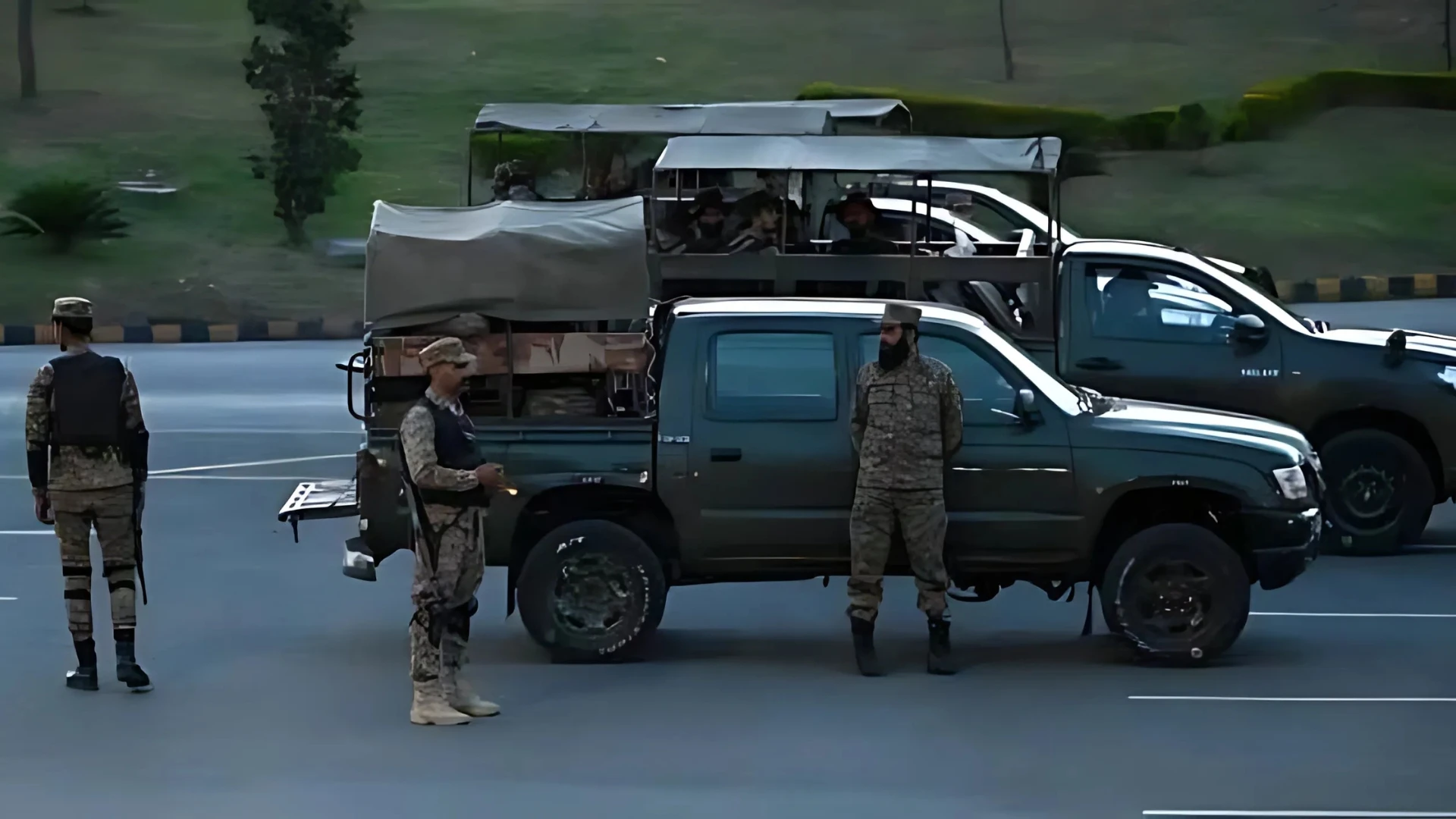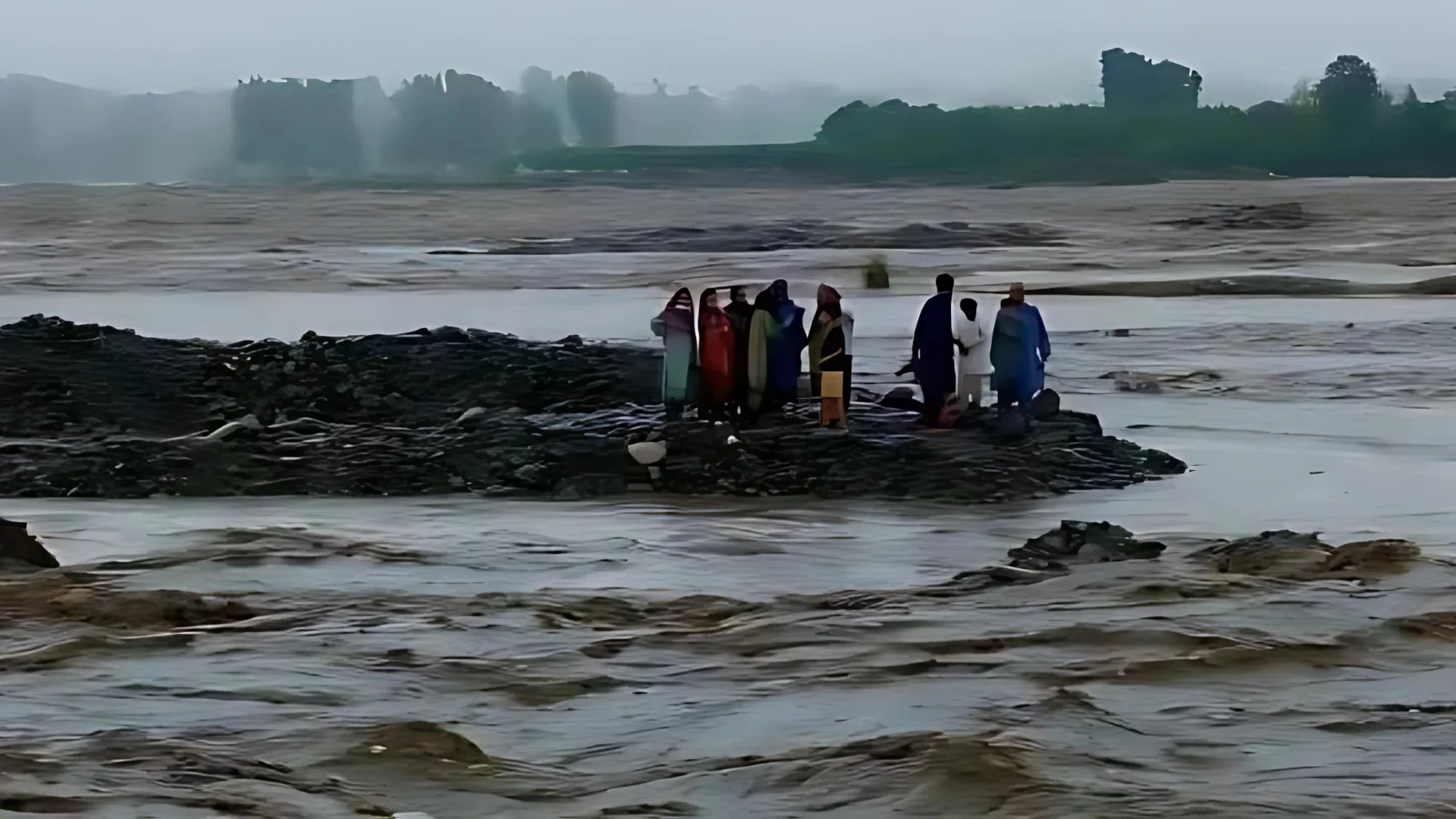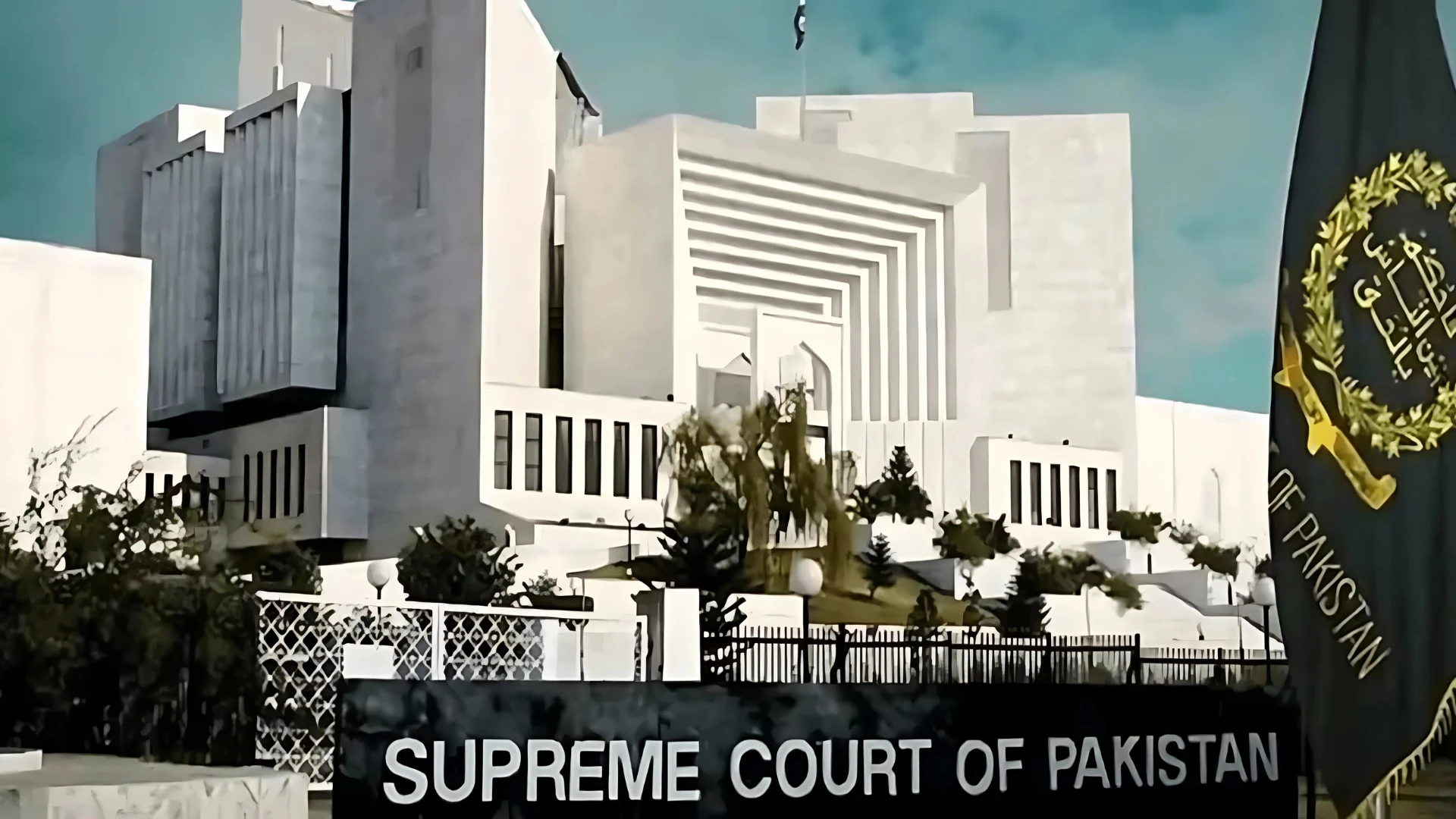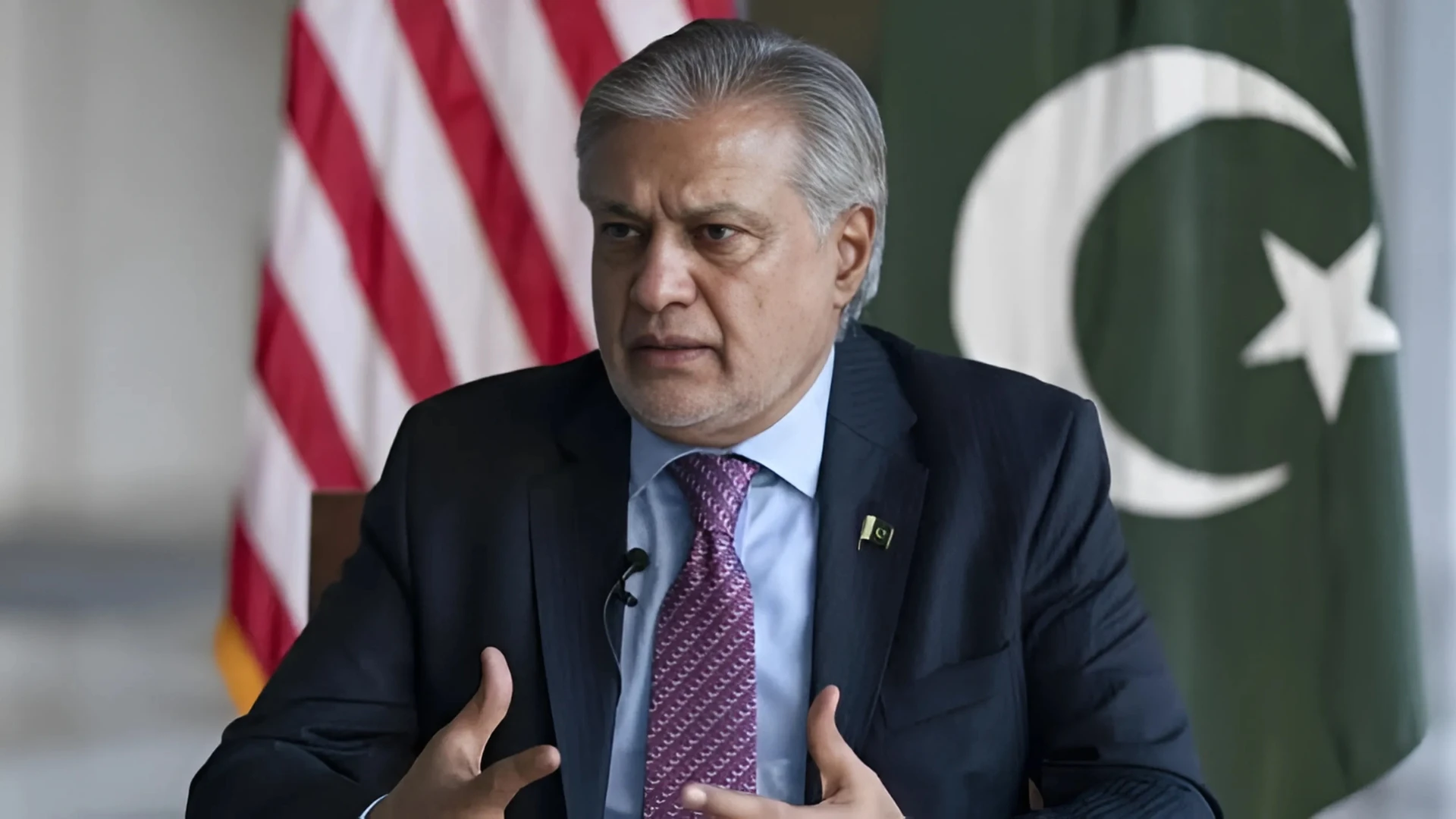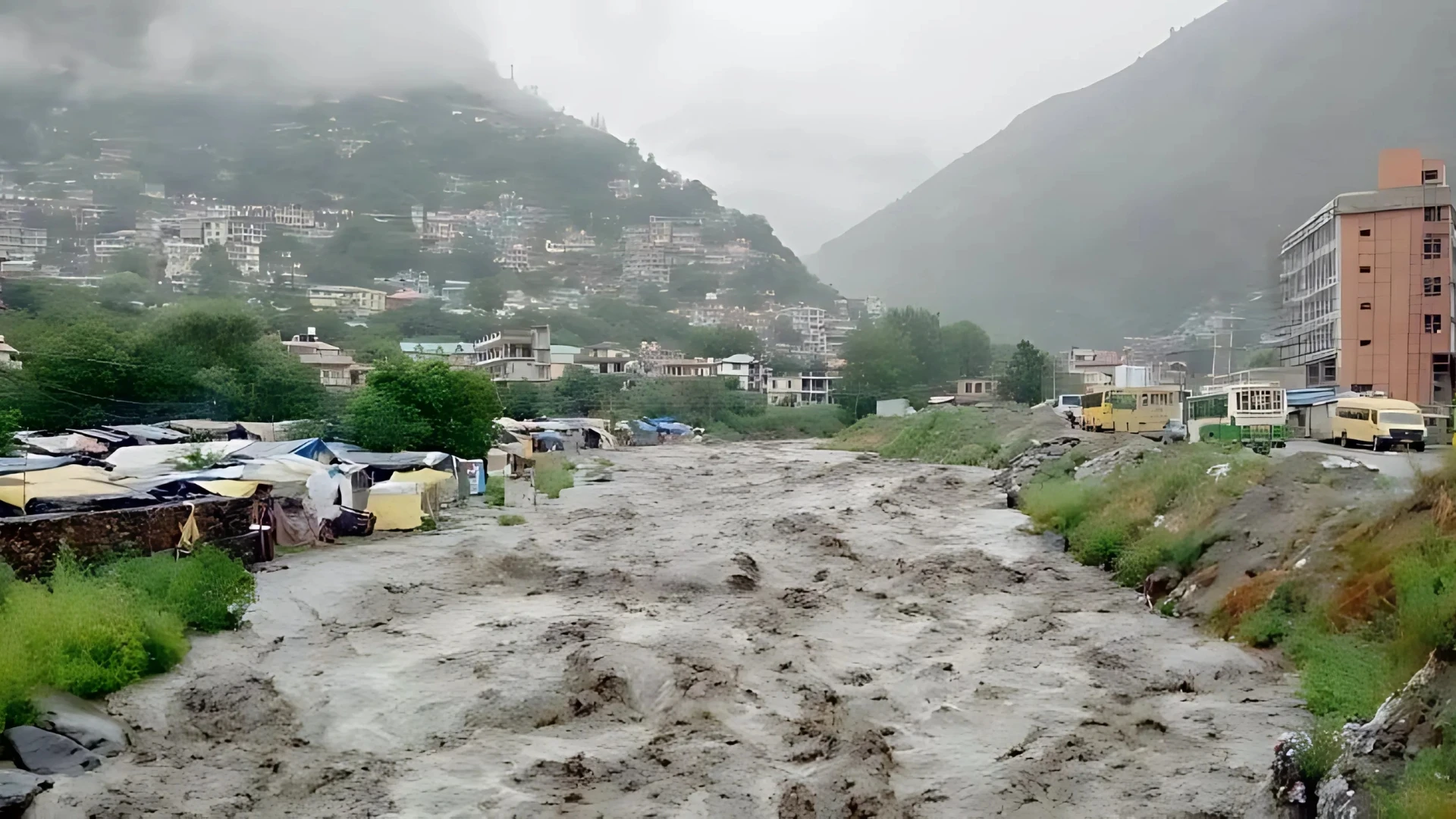ISLAMABAD: Former Prime Minister Imran Khan is preparing to send yet another open letter to Chief of Army Staff General Asim Munir, according to his lawyer Faisal Chaudhry. Speaking to the media outside Adiala Jail on Wednesday, Mr. Chaudhry stated that the imprisoned PTI founder intends to highlight his grievances against the system and suggest structural reforms to address the country's ongoing crises.
The lawyer mentioned that the letter, based on six key points, was dictated by Mr. Khan during their meeting and would soon be dispatched. Sources indicate that while the full text of the letter may not be released, its key points will be shared on social media.
Previously, PTI claimed to have sent two similar letters to the army chief, but security officials denied receiving them. Neither letter was fully disclosed to the media, with only selected excerpts appearing on PTI’s social media platforms. Interestingly, while Imran Khan’s official social media accounts remain active, he does not have direct access to them from jail.
This approach contrasts with PTI’s handling of an open letter addressed to Chief Justice of Pakistan (CJP) Yahya Afridi in late January. That letter was publicly released along with supporting documents. The CJP later acknowledged receiving it and confirmed sharing it with the Supreme Court’s Constitutional Committee.
Separately, PTI also sent a letter to the International Monetary Fund (IMF) mission in Pakistan. This letter, signed by National Assembly Opposition Leader Omar Ayub Khan, was addressed to Mahir Binici, an economist in the IMF’s strategy, policy, and review department.
Mr. Ayub argued that the IMF should be aware of governance and transparency issues in Pakistan, emphasizing concerns over electoral manipulation. He referenced a July 2023 meeting between Imran Khan and the IMF, during which the former premier stressed the need for free and fair elections.
The letter included a detailed dossier containing evidence of state institutions, including the Election Commission of Pakistan, allegedly manipulating the electoral process to suppress PTI and alter election results. It also cited a report by the NGO Pattan, which outlined instances of electoral interference.
PTI maintained that these concerns should be brought to the attention of international institutions monitoring governance in Pakistan, highlighting transparency as crucial for both political and economic stability.


